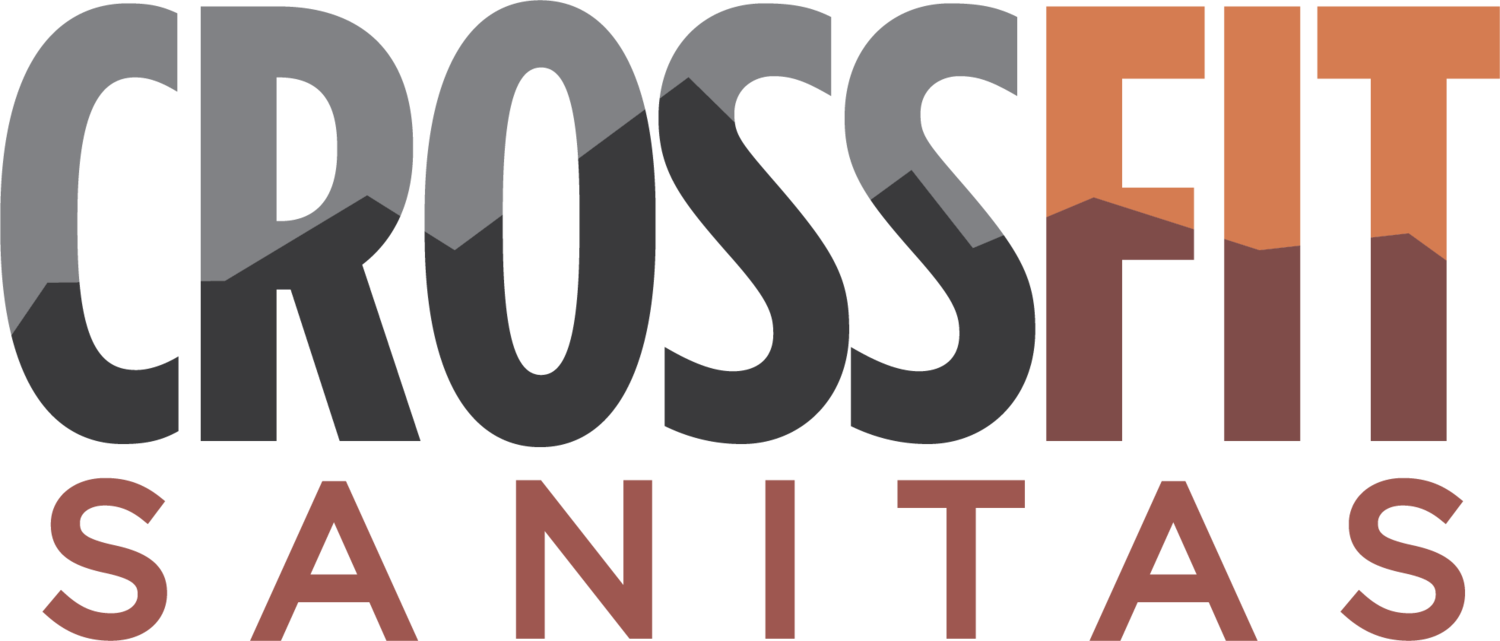Why You Should Avoid Refined Oils (& What You Should Use Instead)
For years we were told that saturated fats were evil and things like "I Can't Believe It's Not Butter" were presented as healthy alternatives. Now we know better...but to make sure that everyone's on the same page, here's a quick overview of the reasons why seed & vegetable oils and soy are not healthy.
SEED OILS
Canola, corn, cottonseed, soybean, safflower, sunflower, etc. have not been a part of the human diet up until relatively recently. When the big campaign against saturated fats began, these oils were touted as healthy and really took over. They are the mainstay of every restaurant out there, and are therefore nearly impossible to avoid if you eat out (one exception being Fresh Thymes in Boulder). So why are they bad?
High in Omega-6s - these are responsible for your inflammation response...so if you sprain your ankle, these kick in and they are an important part of healing. Ideally our diet is balanced at 2:1 omega-6s to omega-3s. The average American is currently at a 20:1 ratio...so avoiding these oils is imperative to reaching balance. Too much inflammation is a bad thing leading to things like cardiovascular disease, type 2 diabetes, IBS, rheumatoid arthritis, cancer, etc.
Free Radicals - these oils are unstable, meaning that they oxidize easily while stored or when heated...so the double bond is easily broken and they become free radicals in your system wreaking havoc wherever they go.
What should I use?
Olive oil is great for salads and dips, but cooking it at high temperatures damages the fats, making it unhealthy. It's ok to add it to hot food after cooking though.
Saturated fats are the healthiest fats to cook with, as they hold up to high temperatures and they are much more stable and less likely to go bad quickly. Here are the best options:
Refined organic coconut oil (has no coconut taste and is great for high-heat)
Unrefined organic coconut oil tastes like coconut is great for melting on things like sweet potatoes
Grass-fed butter or ghee (Indian clarified butter)
Lard (drain fat from nitrate-free bacon – really!) or tallow (beef fat)
SOY
Another food that was recently thought to be healthy, especially as a replacement for meat. Here's a list detailing the impact soy has on our health from Chris Kresser:
Soy contains trypsin inhibitors that inhibit protein digestion and affect pancreatic function;
Soy contains phytic acid, which reduces absorption of minerals like calcium, magnesium, copper, iron and zinc;
Soy increases our requirement for vitamin D, which 50% of American are already deficient in;
Soy phytoestrogens disrupt endocrine function and have the potential to cause infertility and to promote breast cancer in adult women;
Vitamin B12 analogs in soy are not absorbed and actually increase the body’s requirement for B12;
Processing of soy protein results in the formation of toxic lysinoalanine and highly carcinogenic nitrosamines;
Free glutamic acid or MSG, a potent neurotoxin, is formed during soy food processing and additional amounts are added to many soy foods to mask soy’s unpleasant taste; and
Soy can stimulate the growth of estrogen-dependent tumors and cause thyroid problems, especially in women

